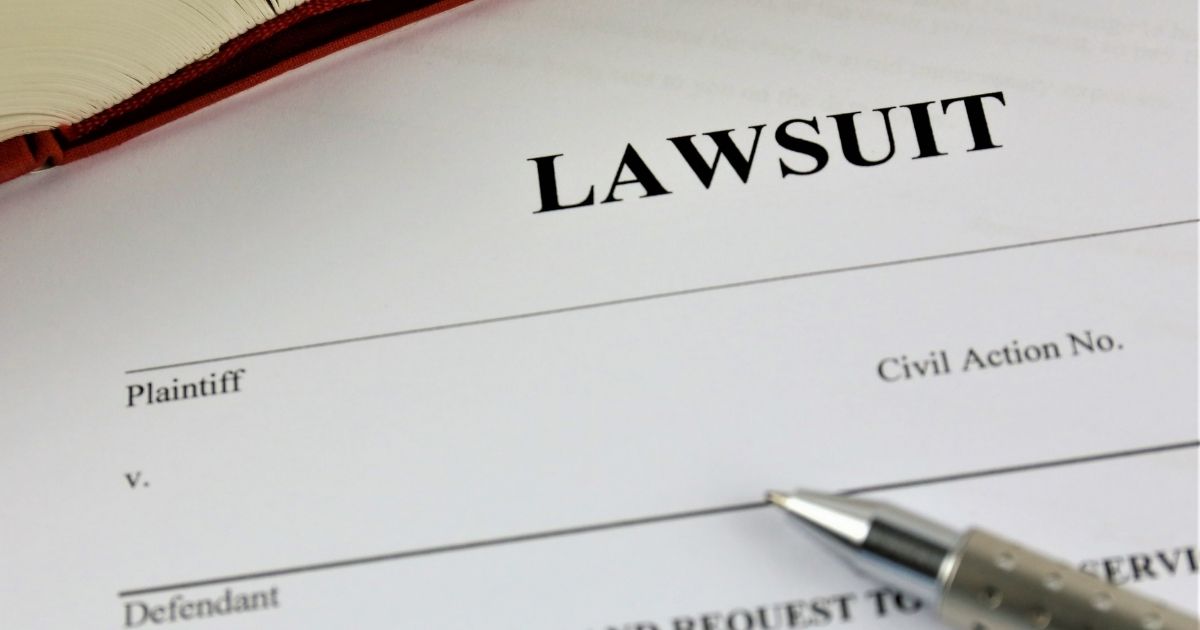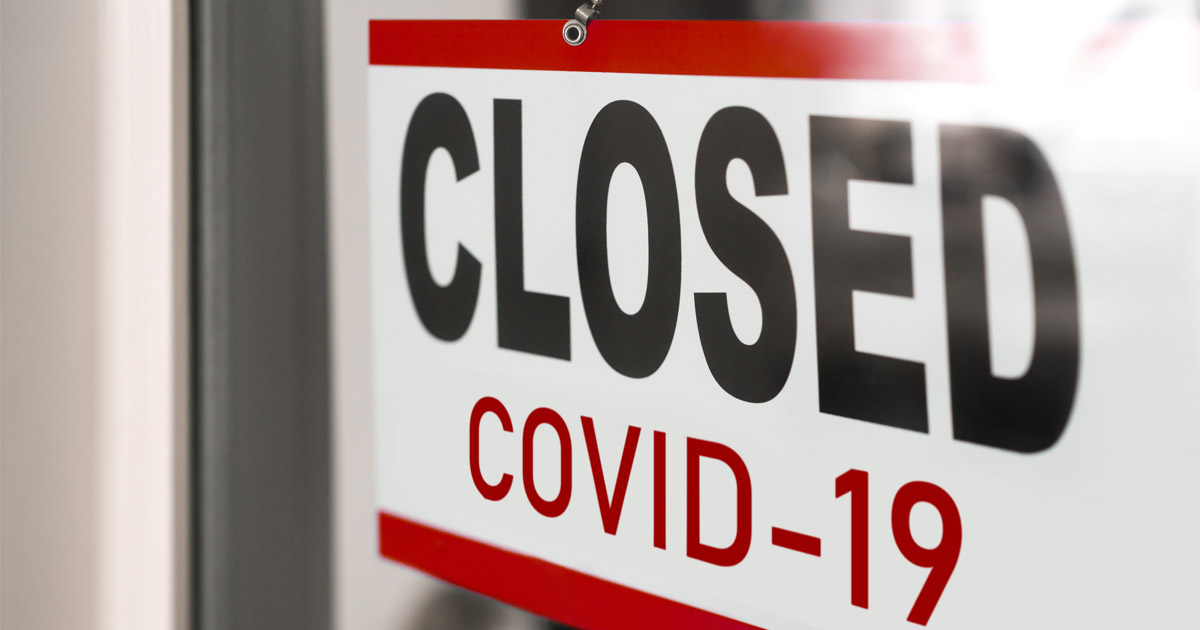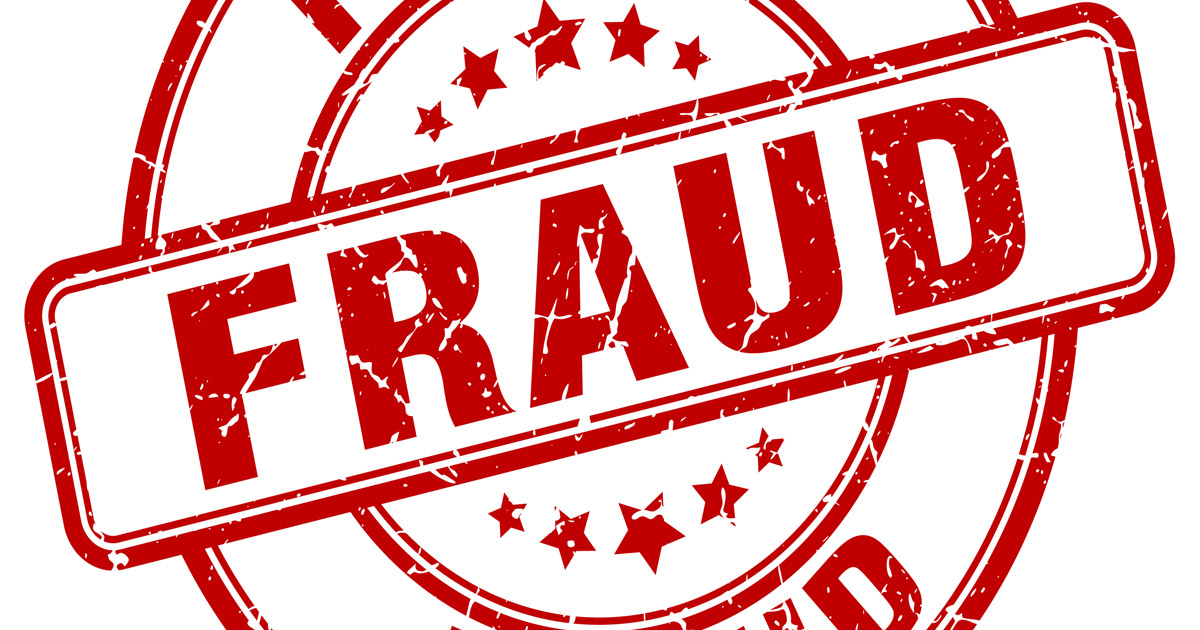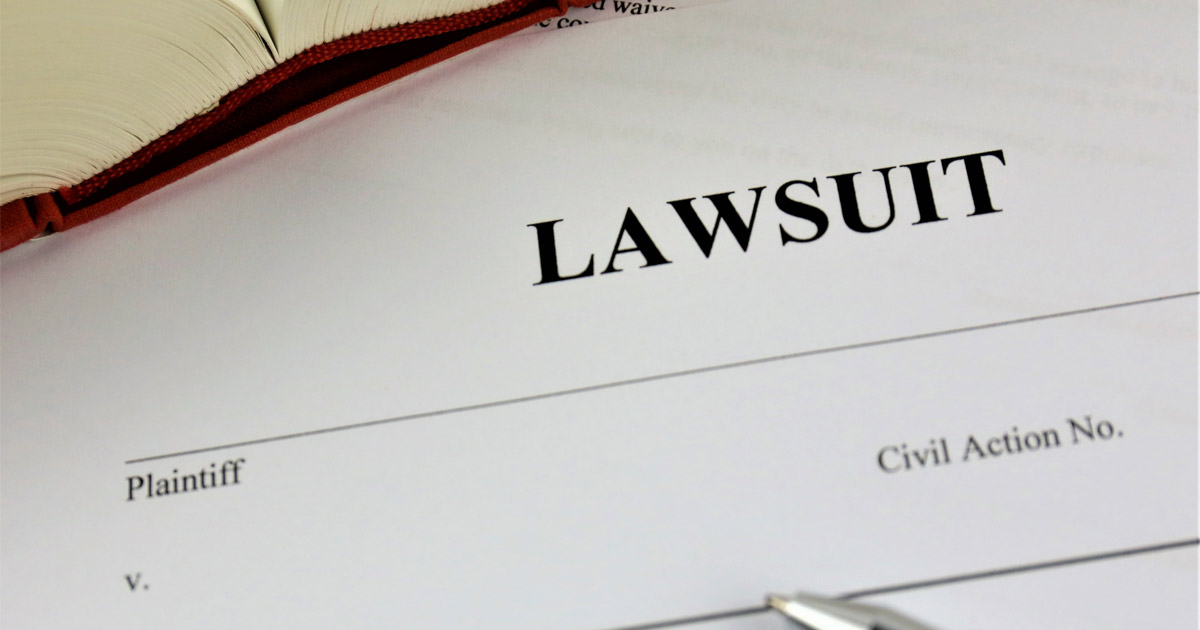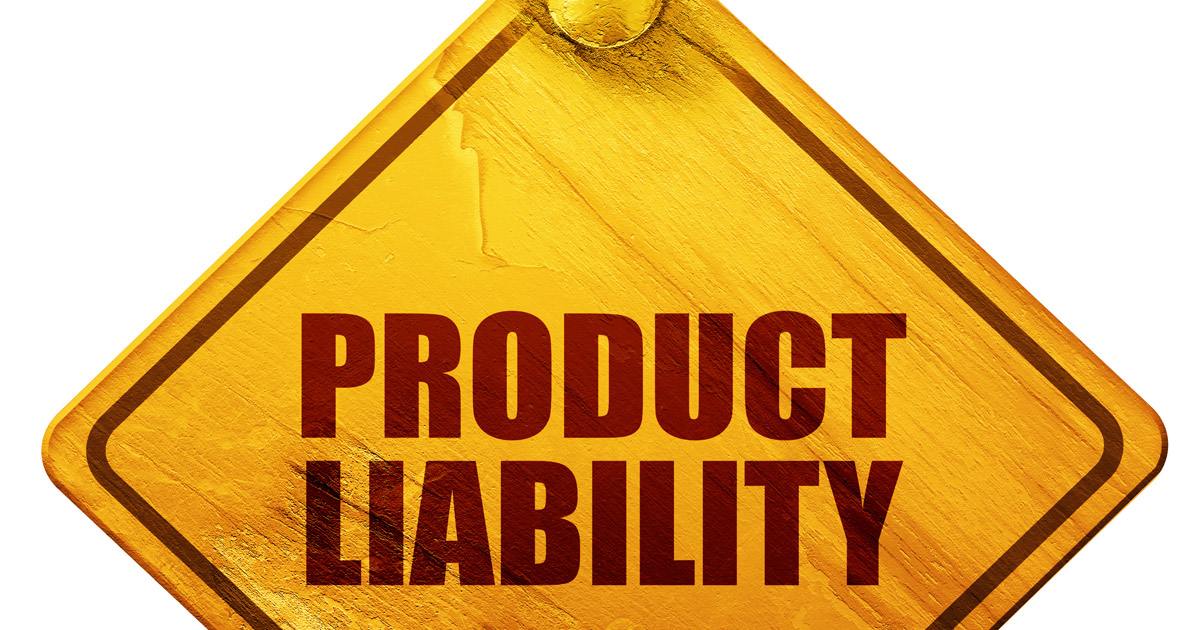How Does a Non-Disclosure Agreement Work?

A non-disclosure agreement (NDA) can be a useful tool for a business to protect sensitive information, such as trade secrets, internal company plans and data, and proprietary information and ideas. Having an NDA is important for your business and may even help prevent business litigation issues that may arise.
An NDA is often referred to as a confidentiality agreement, proprietary agreement, or a secrecy agreement. An NDA can be used to keep anything secret and can used in almost any industry or setting. Even governments use a version of NDAs to keep secrets from getting out.
An NDA might cover:
- Client or customer lists.
- System procedures or knowledge.
- Software plans and coding.
- Customer order history.
- Marketing strategies and targets.
- Schematics for new products.
- Lawsuit settlements.
The main goal of an NDA is to describe the information that is considered sensitive and what will happen if it is leaked in violation of the contract. The holder of the confidential information named in the NDA may lawfully force the other person to pay monetary compensation for any damages incurred as a result of its unauthorized release of the information.
Quite often, an NDA is used where a company is attempting to entice new investors by showing the new people secret information. The potential new investors would be required to sign an NDA before they could see internal company financial data and trade secrets.
Is an NDA Legally Binding?
A properly drafted NDA will be legally binding. With that being said, sometimes, NDAs can be very complicated and have to be drafted and reviewed with a fine-tooth comb. There are times when an NDA may not be enforceable if it is overly broad. For example, if you forbid your employees from ever utilizing any information they acquire as a result of their employment, your NDA might be deemed void and unenforceable. The NDA has to be specific enough to address the main concerns of the parties but broad enough to cover any unforeseen information that the person might learn.
What Should Be Included in an NDA?
The following are the basic categories that need to be included in an NDA:
- Party identification: It is important to be very specific as to whom the NDA applies to so that all parties know their place.
- Definitions of confidential information: This is extremely important. You should describe specifically what information you want to capture within the NDA. You may want a detailed description or a list of numerous items that are classified as confidential.
- Scope of the agreement: The scope of the agreement describes exactly who can learn of the protected information.
- Any exclusions to the agreement: It is possible that you would want to designate other data as non-confidential in some cases. For example, an employee’s abilities and knowledge acquired while working for you may be excluded. Other possibilities include items or circumstances that are already known to the public.
Philadelphia Business Lawyers at Sidkoff, Pincus & Green P.C. Are Here to Help You With Any Concerns About NDAs
If your company needs a solid NDA, we are here to help. Our Philadelphia business lawyers at Sidkoff, Pincus & Green P.C. can help you with any concerns you might have with an NDA. Call us at 215-574-0600 or contact us online to schedule an initial consultation. Located in Philadelphia, we serve clients throughout Pennsylvania and New Jersey.

















